-

Introduction To Ethics
₦8,000This book is the result of the author’s teaching experience and it is conceived primarily as a learning resource for students.
-
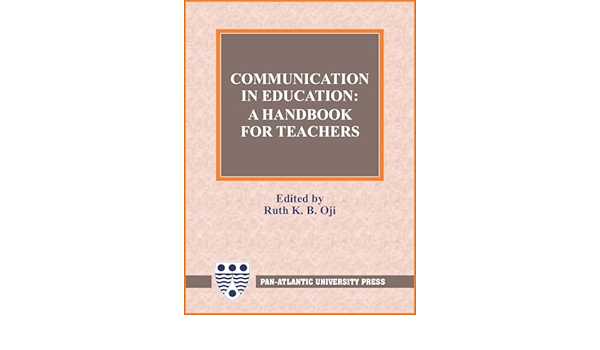
Communication in Education a Handbook for Teachers
₦9,000Communication in Education: A Handbook for Teachers is written to improve communication in the classroom and achieve education goals. Several experienced authors who are also educators have written from their wealth of experience on issues such as the nature of classroom communication, communication barriers in the classroom, speaking skills to enhance communication, questioning tools for effective communication, the teacher as a mentor, leadership skills that optimize teachers as a mentor, leadership skills that optimize teacher’s performance, teacher-parent communication skills, library skills to enhance reading and studying, healing dyslexia using library information intervention services, best approach for teaching students with learning difficulties , use of humor to teach language shills, and non-verbal skills that enhance communication.
-

Promoting, Projecting & Reserving Human Dignity Through Media Practices
₦9,000Promoting, Protecting, and Preserving Human Dignity through Media Practices, a collection of scholarly and practice-based papers, delves into the essential role of personhood in media operations. These contributions navigate the complexities of contemporary media practices. They disentangle the complicated threads that connect personhood, individual rights, and media professionals’ ethical responsibilities.
Promoting, Protecting, and Preserving Human Dignity through Media Practices question conventional narratives, providing new perspectives on how the media may promote, protect, and preserve human dignity in an increasingly linked world. This is a compelling resource that invites academics, media practitioners, government officials, and everyone interested in the nexus of media and human rights to reflect on the tremendous impact of media practices on our collective well-being.
-

Issues In Media And Ethics
₦8,000This book is primarily intended as a textbook for university students. Its main aim is to help students become better and more ethical professionals by discussing in depth the main ethical challenges that arise in the media professions.
-

Fearlessly Authentic
₦10,000Fearlessly Authentic is a book that challenges the daring spirit in every woman, a book that calls out to women to shine in their place of calling; a book that serves as a guide as to how (that) can be achieved, and a book for change, not a change to fit in, but a change to become the best version of yourself- a change to a fearlessly authentic you.
This book was written with lessons learnt over two decades of working across male-dominated sectors and excelling in these sectors as a fearlessly authentic woman. It is a book packed with truths that serve as a roadmap for establishing a prosperous and purposeful career in the public, private and development sectors and also an entrepreneur and homepreneur.
-

Islamic Activism
₦1,300Islamic Activism
Addressing Prophet Muhammad e, the Quran enjoins: “Therefore, bear up patiently as did the steadfast apostles before you. Bear up with patience and do not seek to hurry on their doom.” (46:35)
That is, showing restraint in adverse situations and refraining from negative reaction form the basic principles of Islamic activism. This means that, in unfavorable situations, no emotional move is made; rather, by avoiding the path of of reaction and retaliation, actions are planned on the basis of realism.
This principle can briefly be called positive activism. That is, without interfering with the prevailing state of affairs, one should try to discover opportunities as they occur and avail of them. To initiate one’s actions by challenging the status quo amounts to choosing a negative starting point. On the other hand, maintaining the status quo and availing of all opportunities which present themselves amounts to taking a positive course of action. This method can briefly be called positive status quoism, for which a complete scheme can be chalked out in the light of the Seerah (biography) of the Prophet.
-
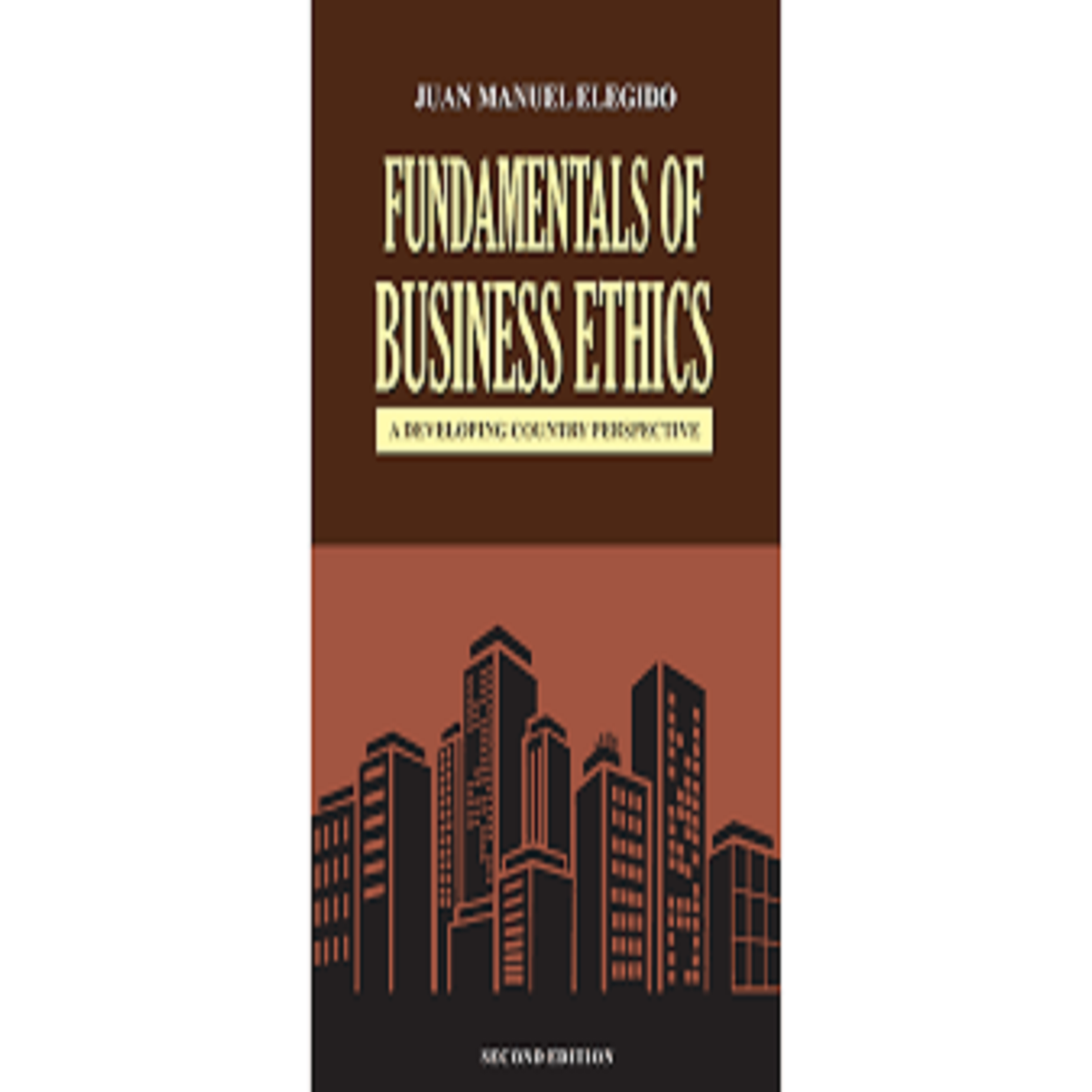
fundamentals of business ethics
₦10,000This book has been written specifically for the needs of plasticizing executives, primarily those working in Nigeria. It covers the main issues that arise in the field of business ethics both at the corporate level, it discusses in detail the main responsibilities of business firms towards their employees, providers of funds, customers, suppliers, distributors, competitors and the communities in which they work.
-
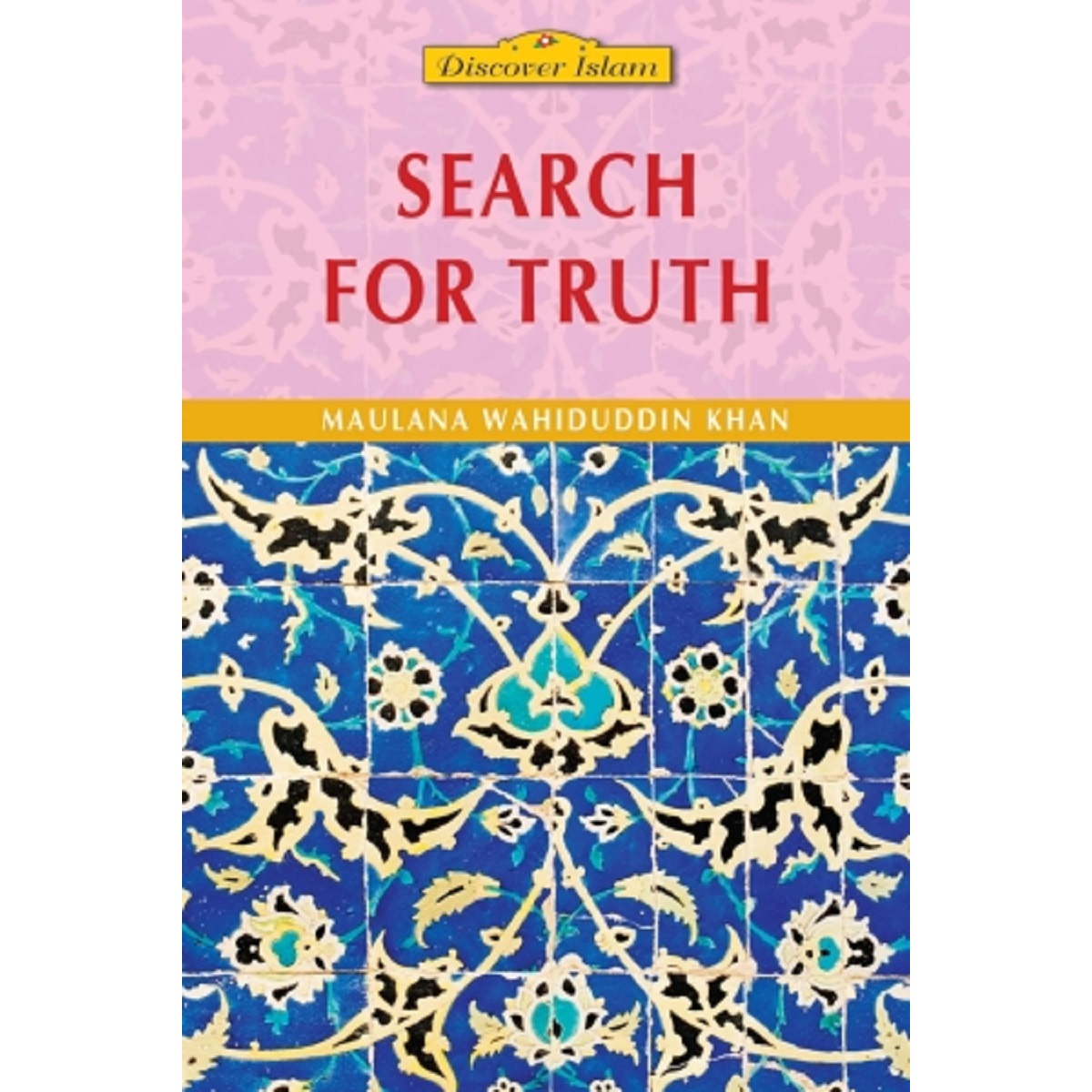
Search For Truth
₦1,300In this series, Maulana Wahiduddin Khan presents the fundamental teachings of Islam in a simple way. The series provides the general reader with an accurate and comprehensive picture of Islam – the true religion of submission to God.
-
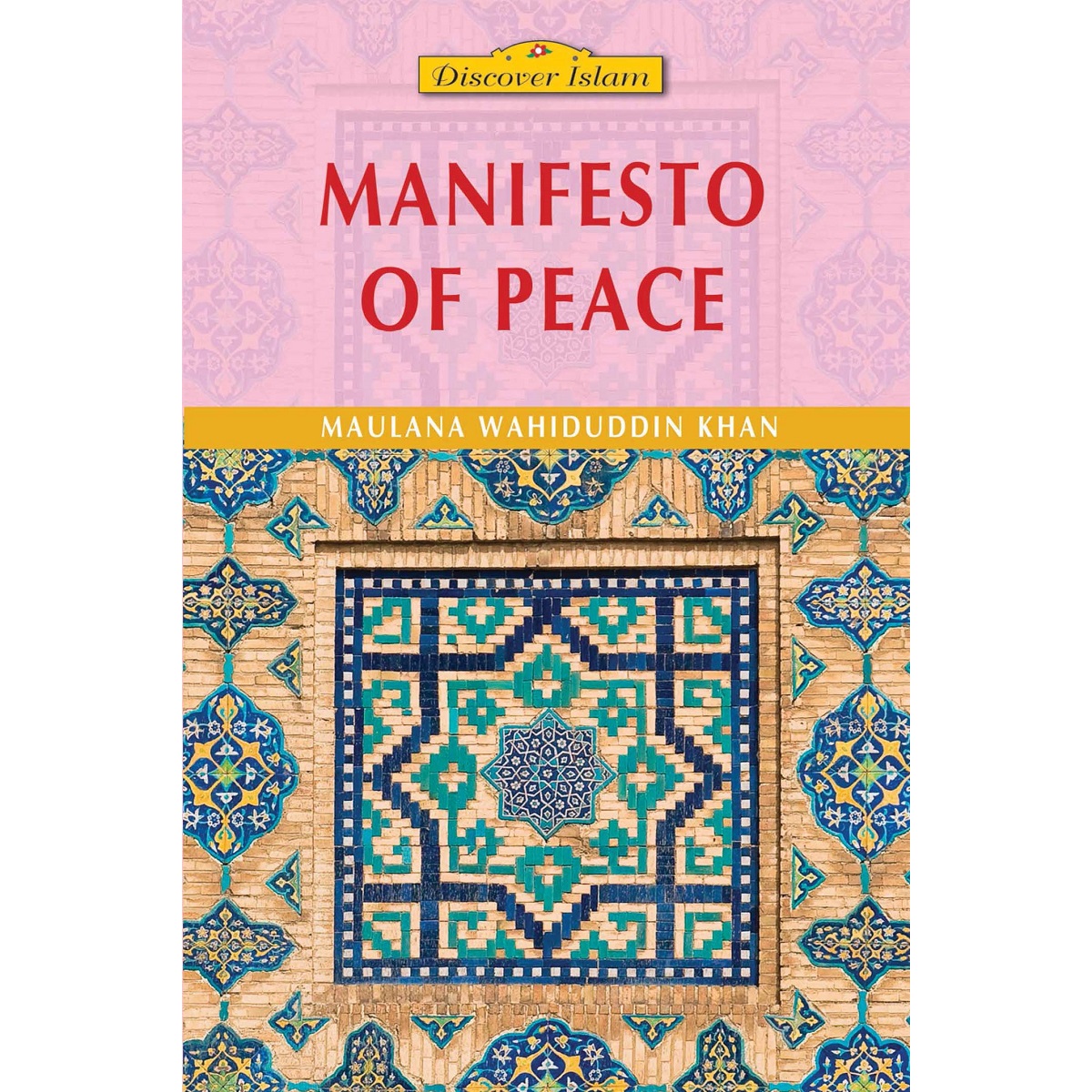
Manifesto Of Peace
₦1,300In this series, Maulana Wahiduddin Khan presents the fundamental teachings of Islam in a simple way. The series provides the general reader with an accurate and comprehensive picture of Islam – the true religion of submission to God.
-
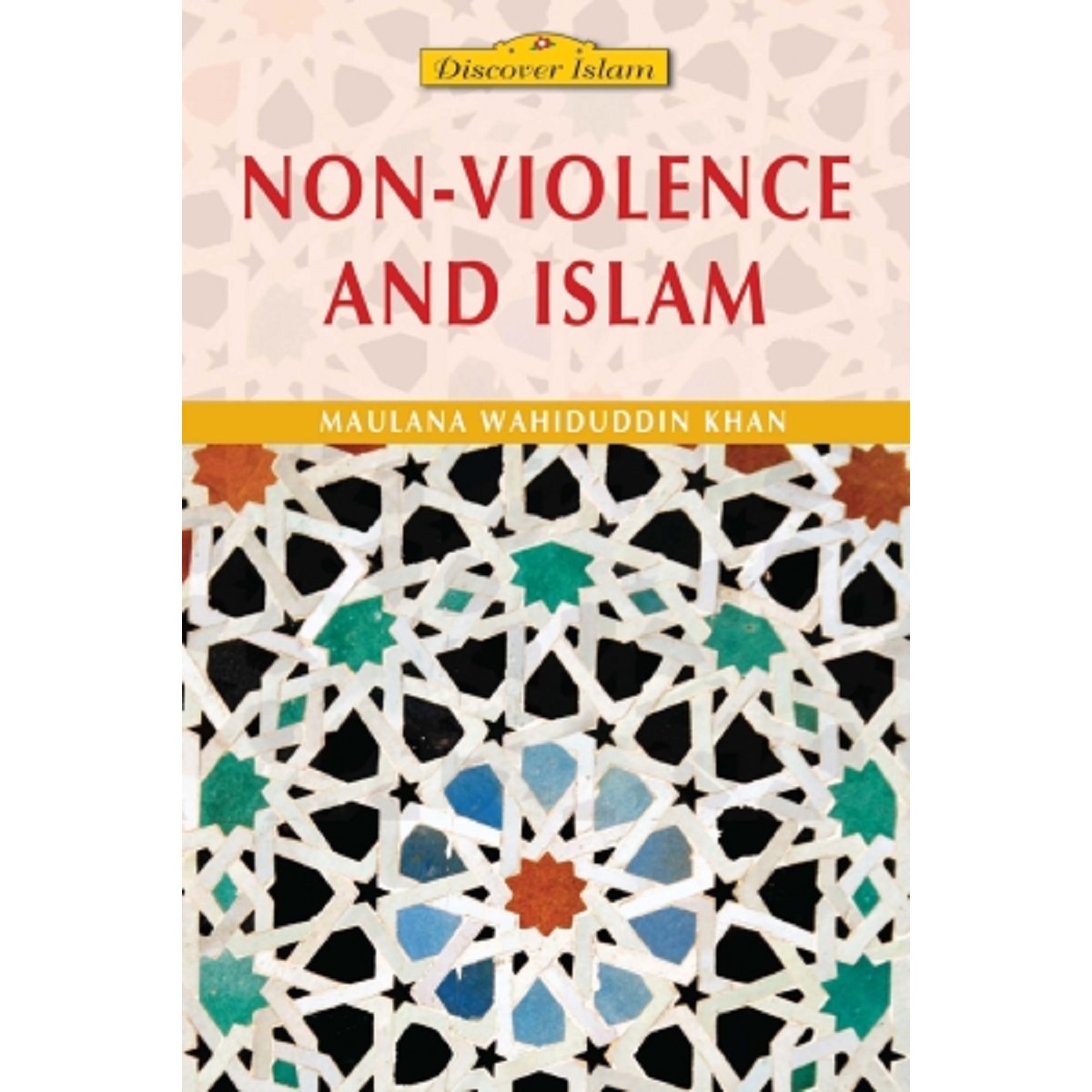
Non Violence and Islam
₦1,300In the book Non-violence and Islam, the author Maulana Wahiduddin Khan explains the concept of non-violence in Islam. Stating that non-violence should never be confused with inaction or passivity, he affirms that non-violence is action in the full sense of the word. Whenever individuals, groups or communities are faced with a problem, one way to solve it is by resorting to violence. The better way is to attempt to solve the problem by peaceful means, avoiding violence and confrontation. Islam is a religion that teaches non-violence. According to the Quran, God does not love fasad or violence. Conversely, we can say with certainty that God loves non-violence. He abhors violent activity being indulged in human society, as a result of which people pay the price with their possessions and lives. In fact, the entire spirit of the Quran is in consonance with the concept of non-violence in the complete sense.
-
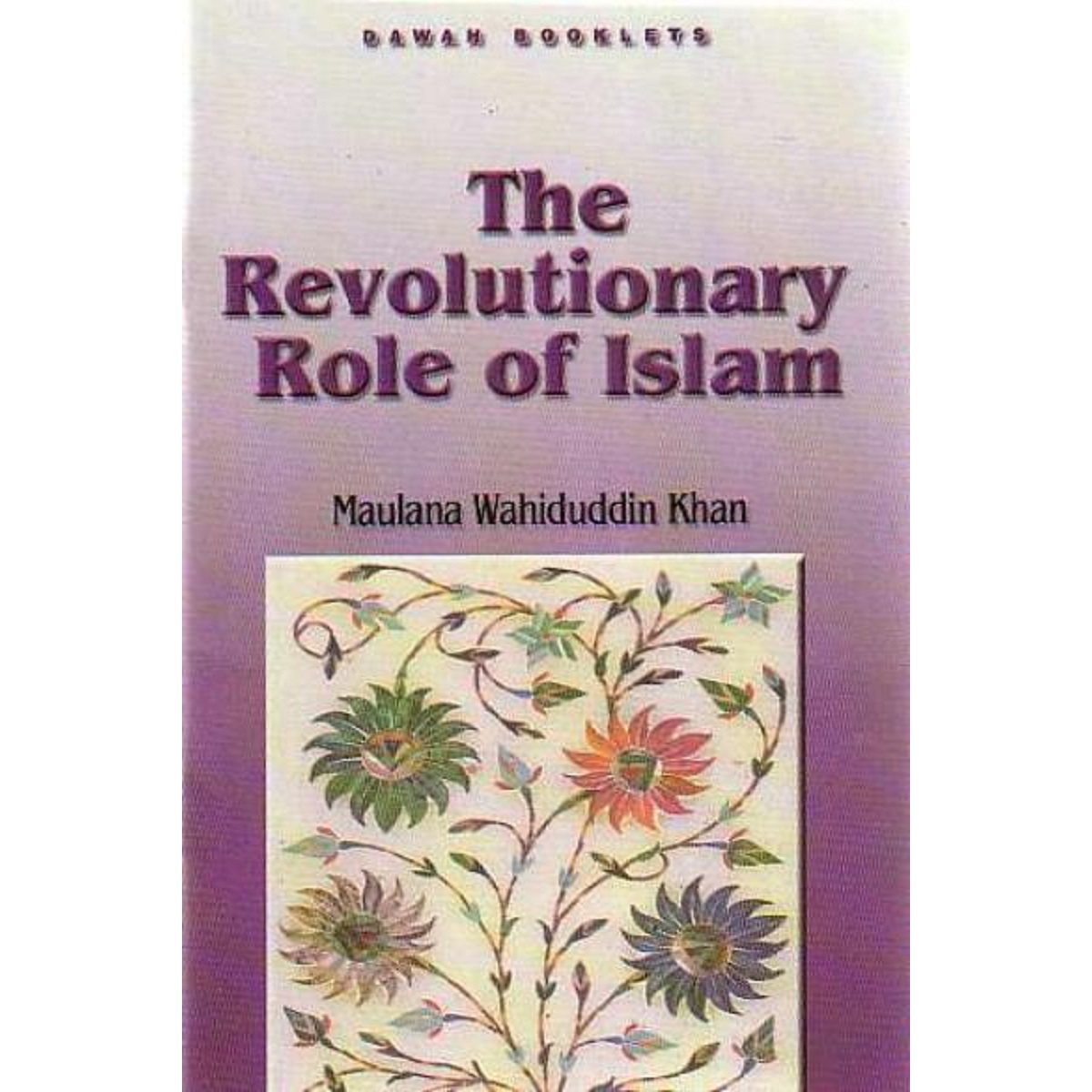
The Revolutionary Role of Islam
₦1,300The Quran tells us that there is no compulsion in the matter of religion. (2:256) However this was not the order of the day when Islam came to the world in the 7th century AD. In the book entitled, The Revolutionary Role of Islam, the author Maulana Wahiduddin Khan explains that Islam came to make this a reality. As such the expansion of the Islamic empire was not simply a political event. Its aim was to set in motion a revolutionary process in history that was initiated in Makkah, traveled first to Madinah, then to Damascus and Baghdad, from there to Spain and thereafter, it spread all over Europe and culminated in the 20th century worldwide. There were two basic aspects to this movement. One was the end of religious persecution (referred in the Quran as ‘fitna,’ 8:39), so that religious freedom became the order of the day, and the second was the universalization of intellectual and religious freedom for all, by the end of the 20th century. The book is a must read for anyone who wants to understand this issue comprehensively.
-
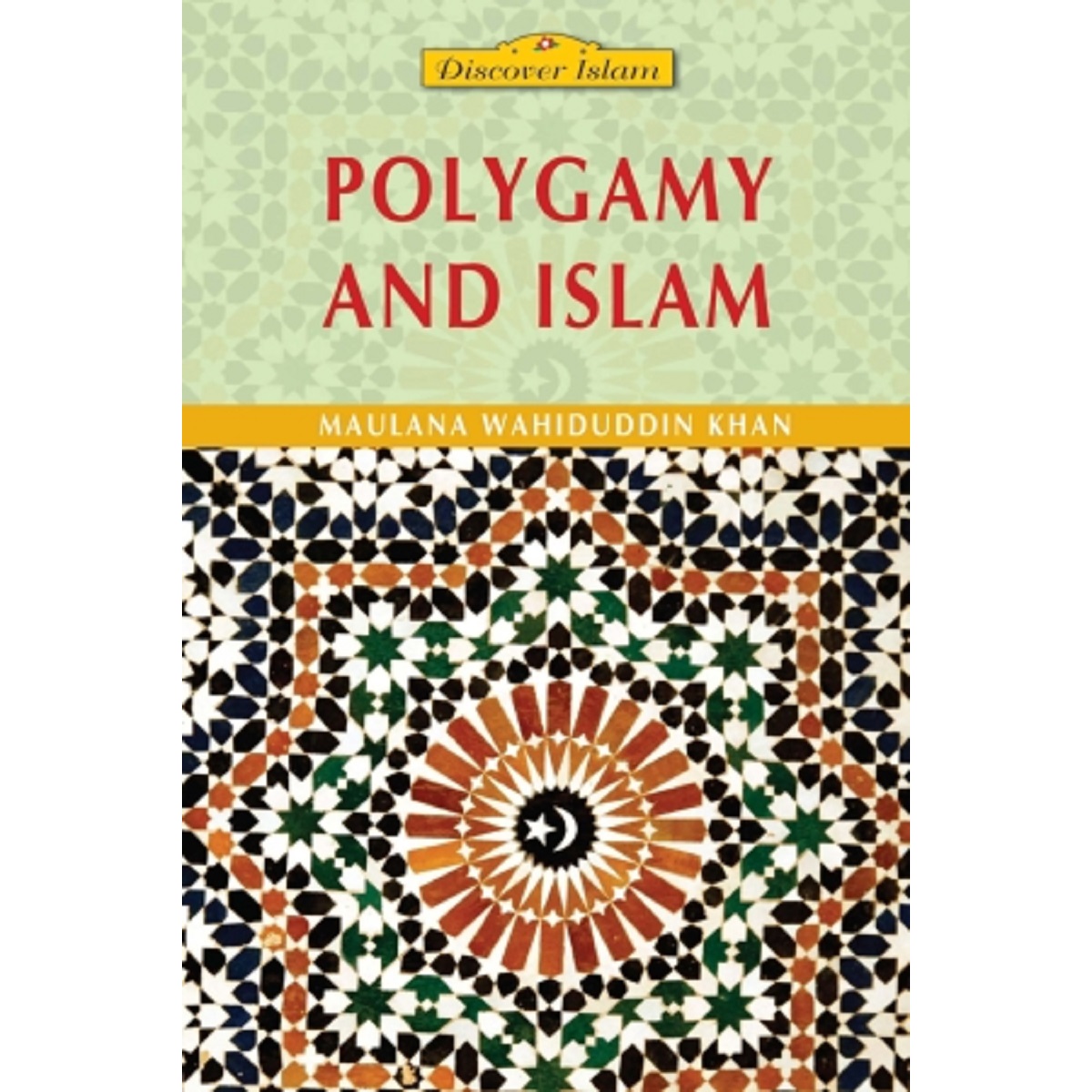
Polygamy and Islam
₦1,300In the present book entitled Polygamy and Islam, Maulana Wahiduddin Khan elucidates the concept of polygamy in Islam. Placing the concept in its right perspective, the author explains that in terms of birth rate, men and women are almost equal in number. But subsequently, for a variety of reasons such as wars, the number of men in society decreases, leaving an excess of women. At such times the choice is not between monogamy and polygamy, but rather, between the lawful polygamy of Islam or the illicit polygamy of non-Islamic people. Such a situation emerged after the Battle of Uhud (3 A.H.) in which 70 Muslims were martyred and their widows and orphans were left without guardianship. At that time the following verse was revealed: ‘If you fear that you cannot deal fairly with orphan girls, you may marry women of your choice, two, three or four; but if you fear that you might not be able to treat them with equal fairness, then only one’ (The Quran, 4:3). It asked people who could afford it, to take care of the orphans by marrying the widows and keeping their orphaned children under their guardianship. This commandment is only temporary in effect, covering a state of emergency when, due to loss of men in battle, the number of women exceeded the available men.
